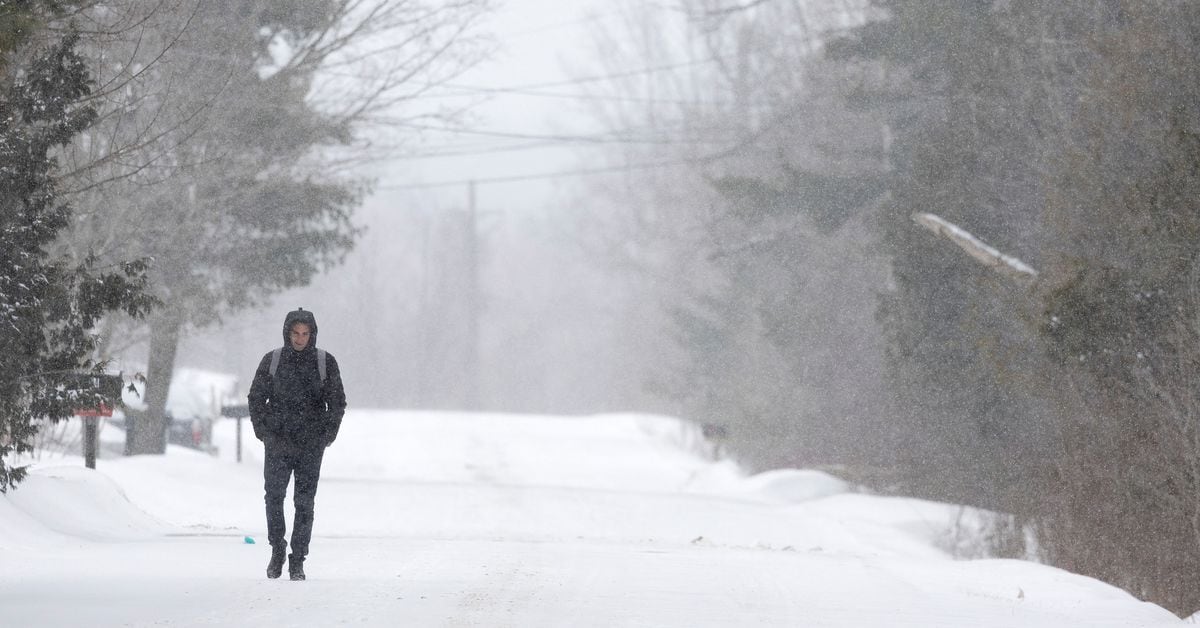- cross-posted to:
- [email protected]
- [email protected]
- news
- cross-posted to:
- [email protected]
- [email protected]
- news
The dream of making it big in Canada is turning into a battle for survival for many immigrants due to the high cost of living and rental shortages, as rising emigration numbers hints to newcomers being forced to turn their back on a country that they chose to make their adopted home.
Trudeau has made immigration his main weapon to blunt Canada’s big challenge of an aging and slowing population, and it has also helped fuel economic growth. That drove Canada’s population up at its fastest clip in more than six decades this year, Statistics Canada said.
But now a reversal of that trend is gradually taking hold. In the first six months of 2023 some 42,000 individuals departed Canada, adding to 93,818 people who left in 2022 and 85,927 exits in 2021, official data show.
The rate of immigrants leaving Canada hit a two-decade high in 2019, according to a recent report from the Institute for Canadian Citizenship (ICC), an immigration advocacy group. While the numbers went down during pandemic lockdowns, Statistics Canada data shows it is once again rising.



I thought that too, but emigration would probably be Canadians leaving. Reverse immigration would probably be immigrants leaving.
…or Canadians emigrating to the places that immigrants to Canada normally come from? Lol
I guess there’s a whole truth table of migration
Yeah, it seems like reverse immigration is being used to talk about new immigrants from other countries going back to their home country. But, the top result for the term is this article so I’m not sure if this is a standardized usage yet.
Nah, they’re both emigration.